How Do I Know If Therapy Is Right for Me?
If you’ve ever asked yourself this question, you’re not alone. Many people wonder if therapy is “for them” or if things need to be really bad before they reach out. The truth? Therapy isn’t only for crises, it’s for growth, self-discovery, and building healthier connections, too.
Do I Need a “Big Reason” to Start Therapy?
A common misconception is that therapy is only appropriate when you’re going through something major, like grief, divorce, job loss, or trauma. While therapy can be lifesaving in those situations, it’s equally valuable if you’re feeling:
Overwhelmed or overstimulated
Persistently unhappy or unmotivated
Burned out
Irritable or anxious
Struggling with parenting or relationships
Unsure of what you want but craving something “different”
Therapy isn’t just about fixing problems, it’s about supporting your growth, building resilience, and helping you better understand yourself.
Why Do People Wait Until They’re in Crisis?
Most people don’t pick up the phone until they’re desperate. That’s often when the pain of staying the same finally outweighs the pain of change. Common reasons people delay therapy include:
Stigma: The belief that asking for help is a sign of weakness.
Perfectionism: The “I’ll figure it out myself” mentality.
Not recognizing the signs: Struggling with trauma or depression but not naming it.
Practical barriers: Cost, finding the right therapist, or long waitlists.
Whatever held you back before, the fact that you’re even considering therapy now is a powerful first step.
Signs That Therapy Might Be Right for You
Here are some clear indicators that therapy could be a good fit:
1. You’re Struggling to Handle the Day-to-Day
If your child’s neediness feels unbearable, if you can’t stand being touched at the end of the day, or if you’re overstimulated by constant noise, therapy can help you regulate your nervous system and identify your triggers.
2. You’re Persistently Unhappy or Unmotivated
It’s normal to have ups and downs, but if you’re withdrawing, sleeping too much, experiencing brain fog, or losing interest in things you used to enjoy, you may be experiencing depression. Therapy can provide tools to manage and improve these symptoms.
3. Your Relationships Are Suffering
If loved ones have told you that you’ve become difficult to be around, or if your connections feel strained, therapy can help uncover whether it’s stress, mental health struggles, or unresolved patterns at play.
4. You’re Experiencing Overwhelm, Irritability, or Anxiety
When you can’t even stand the sound of your own voice or feel consumed by irritability, therapy can help uncover the root cause, whether it’s anxiety, trauma, hormonal imbalance, or even abuse.
5. You’ve Been Isolating but Now Crave Connection
If you’ve been avoiding people for safety, fear of judgment, or to avoid discomfort but now realize you’re missing meaningful relationships, therapy can help you rebuild healthy connections. Strong relationships are deeply tied to well-being and life satisfaction.
So, How Will You Know You’re Ready?
You’re ready when:
You want something different, even if you can’t quite define it.
You recognize that life feels heavier than it should.
The pain of “staying the same” feels greater than the fear of change.
Taking the step to reach out is a big deal, and it’s worth celebrating.
What’s Next?
Therapy is more than a place to heal, it’s a place to grow, gain clarity, and build a more fulfilling life. If you’re ready to explore what that might look like for you, I’d be happy to help.
📞 Call or email today: 602-536-8897
